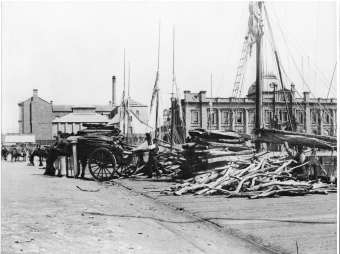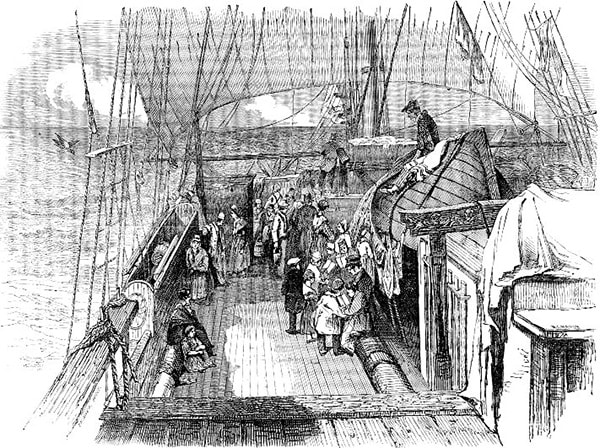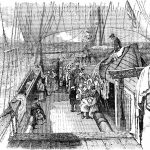63 : Explore the Maritime Museum of Tasmania
Podcast: Play in new window | Download
Subscribe: Apple Podcasts | RSS
Maritime Museum of Tasmania
The Maritime Museum of Tasmania explores, preserves and interprets Tasmania’s rich maritime past.
The Maritime Museum of Tasmania’s mission is to promote an understanding of the maritime heritage of Tasmania and its importance to people’s lives through research, interpretation, and presentation of our maritime history to the community.

As an island state, the sea is significant to all Tasmanians. The museum explores the influence of the sea on the lives of Tasmanians and the strong maritime heritage of the islands. You will find informative displays about aboriginal watercraft, early European explorers, and whalers. You can learn how important sailing and steam ships were for developing Tasmanian industries that exported the raw materials and products of the islands, such as apples, minerals, and timber.


History
The Shiplovers’ Society of Tasmania began lobbying for a nautical room at the Tasmanian Museum and Art Gallery as long ago as 1931. But it was not until 1972 that a group of six enthusiasts established an independent maritime museum. They pooled their private collections and these, along with donations from the Shiplovers’ Society, form the core of our collection today. Public contributions and donations allow us to continue to add to these original displays.

The first museum opened in 1974 in two rooms at the back of St George’s Church in Battery Point. During 1983, the museum moved into historic Secheron House (1831), close to former Battery Point shipyards where many vessels have been built over the last two hundred years.
In 1999, the museum took its first steps towards becoming a major community resource and attraction for the twenty-first century, moving to the Carnegie Building, nearer to the city’s business centre and close to Constitution Dock and Sullivans Cove, the heart of maritime Hobart.
Queen Elizabeth II officially opened the redeveloped museum in March 2000.




